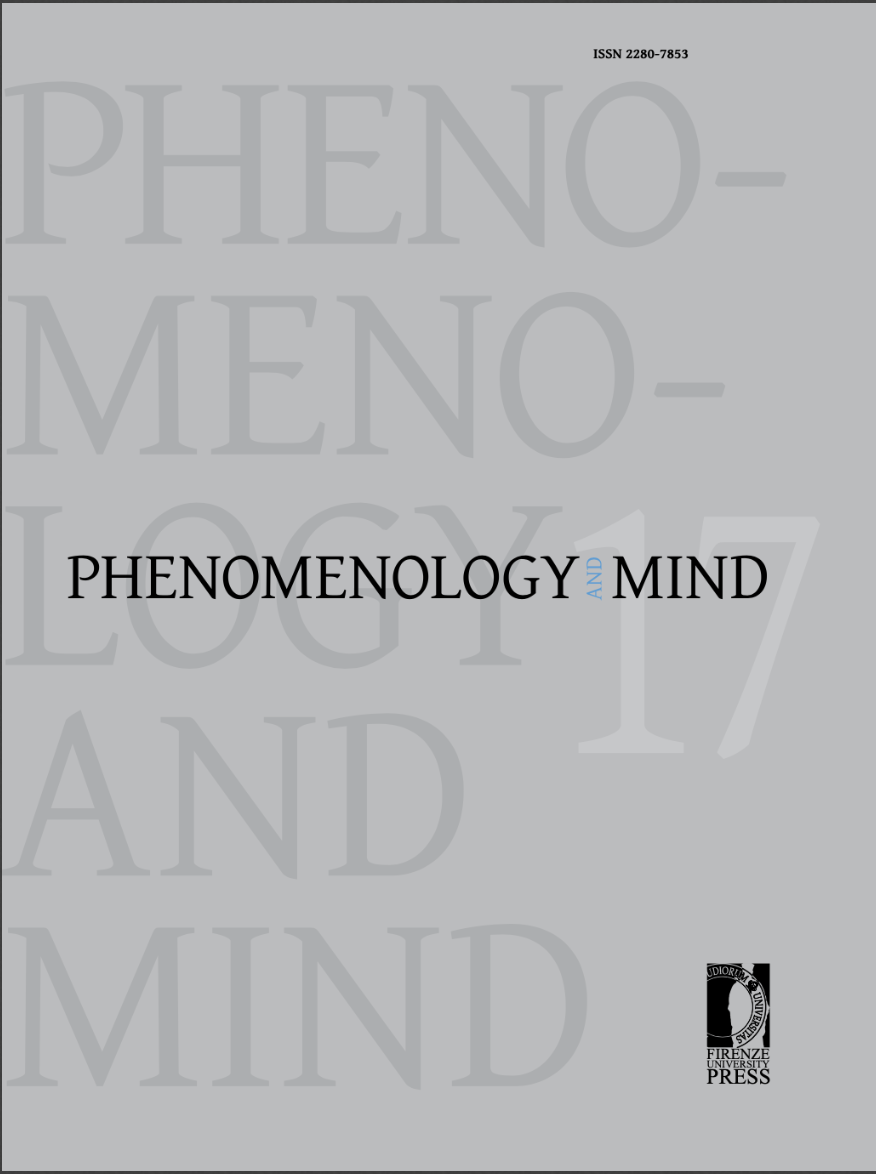Published 2016-11-26
Keywords
- habit,
- type,
- perception,
- cognition
How to Cite
Abstract
The paper begins with a brief characterization of the function of types in the process of perception before discussing their different possible degrees of generality. Some similarities in the function of habits and types are then thematized, similarities based on the fact that each is the compact result of some set of prior experiences. Following these clues, both parallels and important differences between types and concepts are discussed. The second part of the paper investigates the function of types in the perception of concrete objects, the arousal of types in sensibility and the ongoing competition of different types striving for fulfillment. It is shown that the selection, collection, interpretation, and synthesis of sensible elements in perception are guided by the pre-knowledge that is sedimented in types. In the third part some very basic forms of cognition are shown to be based on the use of a type in a new cognitive context. Finally, a close connection is drawn between Hume’s investigation of association and habit and Husserl’s concept of types.

